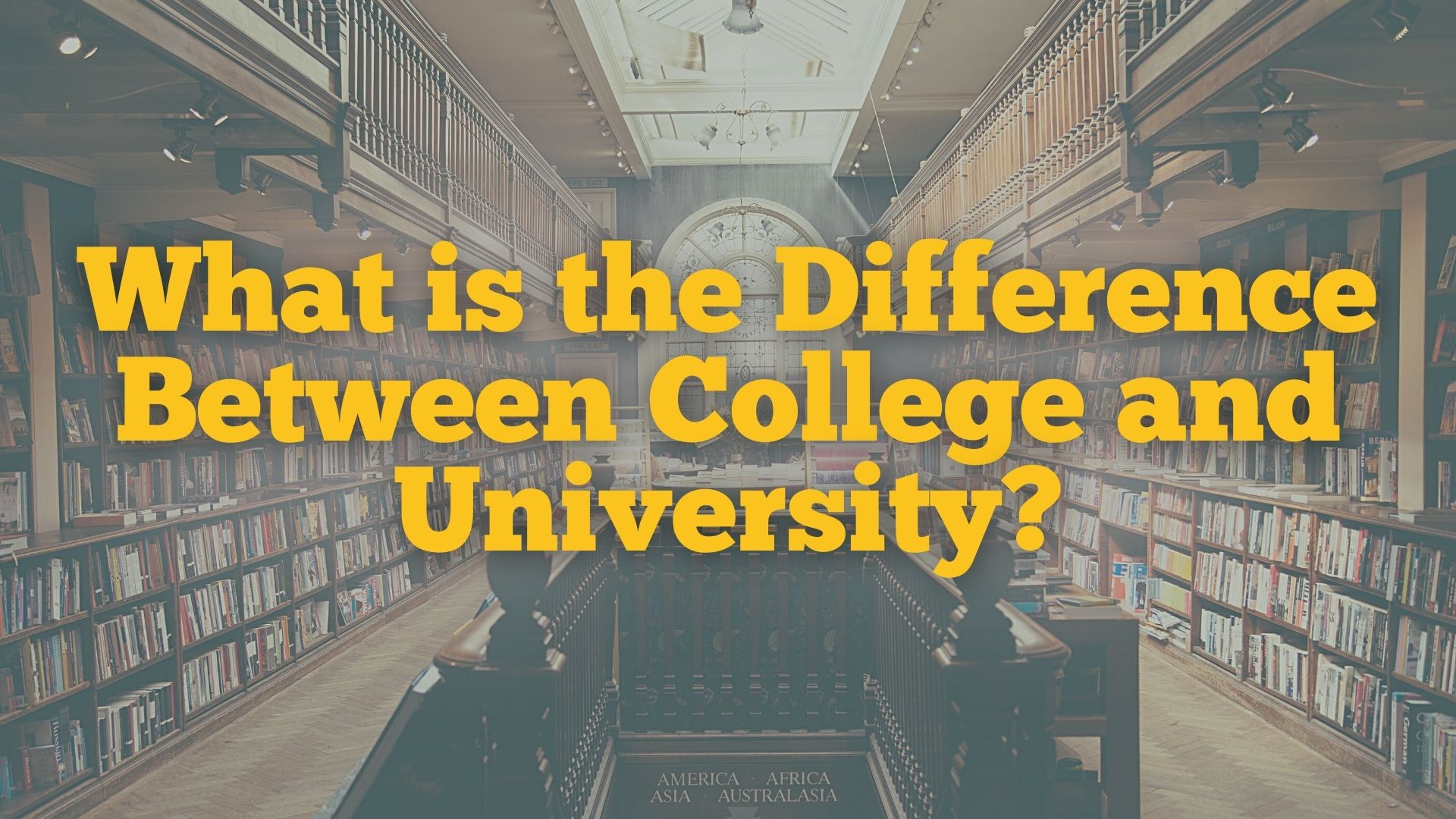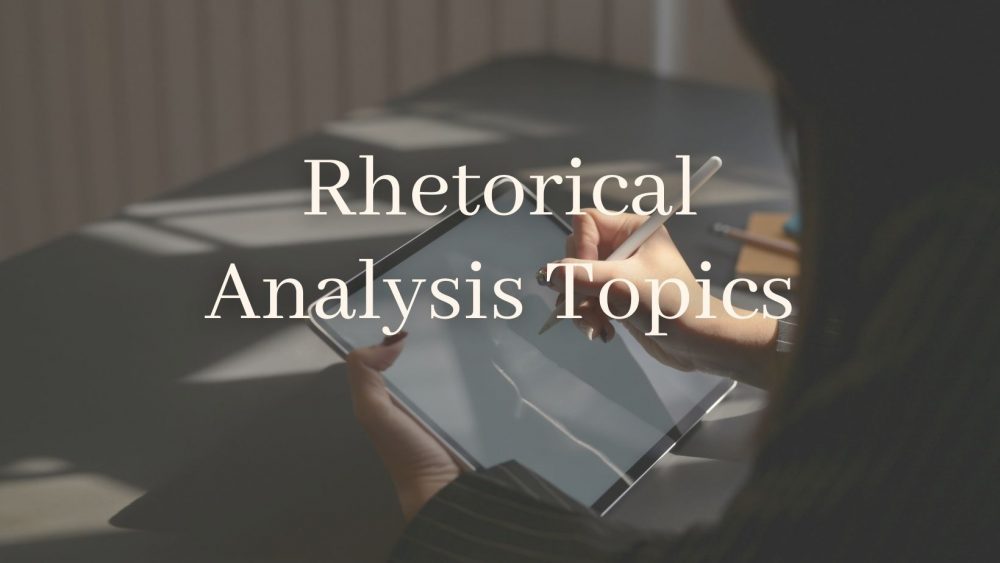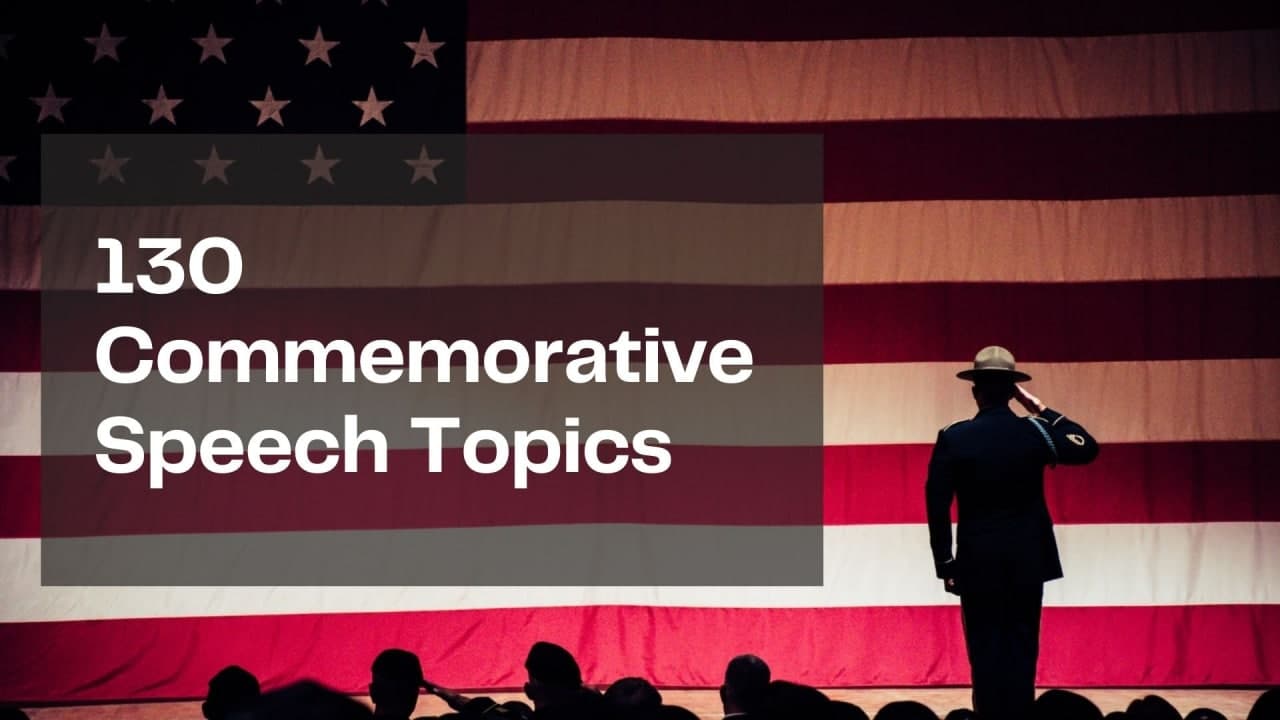Each year, over 2 million young Americans apply for college. Years later, almost half of them will wish they had studied a different course or even attended a different institution altogether. Therefore, in today’s high-pressure, high-cost higher education landscape, every student needs to think carefully about where they wish to go after high school.
Nobody wants to feel remorseful thinking that they did something wrong in their choice for higher learning. One study indeed confirmed that our world is full of emotionally-wrecked young adults who wish they had made better college choices.
To begin with, you should consider whether you want to go to college, community college, or university.
College vs University: Major Differences
If you live in the USA, you’ll rarely hear someone saying that they are “headed to university.” That’s because college is the term that virtually every other American uses for post-high-school education.
Hence, an American teen will be “going off to college,” even if they are setting off for, say, Harvard University. This might leave you wondering, “is Harvard a college or university?”
While college and university may be used interchangeably by some individuals, it’s good to understand what parameters tell the difference between university and college.
Knowing the difference between college and university will, for instance, help you:
- Understand what opportunities exist in either institution
- Choose which institution is best for you and your academic aspirations
- Differentiate between higher education duos such as Boston University and Boston College, or Georgia College and the University of Georgia.
- Understand why schools like Dartmouth College are in actual sense universities
Wait, Do I Need To Attend College Or University?
Leaving mom’s and dad’s for college or university is, for many young people, associated with exposure to a new life, new perspectives, skills, and knowledge as well as a newfound sense of independence.
While all those things are lovely, going to college is much more than just a milestone in your life. It will, for instance, set a trajectory for the rest of your life and, more so, your career.
The Economist reports that the ROI for having university and college degrees is at an all-time high for young adults. On average, the lifetime income of a college graduate will be about $900,000 more than that of a typical high school grad.
Consequently, it’s hard to argue against there being a clear premium on college and higher learning in general. In short, today, at a time when job evolution is quite unpredictable, a person stands to benefit from the knowledge acquisition associated with colleges and universities.
What’s Uni?
What is the difference between college and university? First, let’s consider a university. Typically, a university is a large learning institution offering a variety of degree programs (like accounting degree, for example), both undergraduate and graduate. Most universities also produce research.
The term university is much older than college predating to the 13th century. Some states, like New Jersey, also have strict regulations about which institutions can call themselves universities.
Universities are typically sizeable schools. Some public universities do, for instance, enroll several thousands of students each year. Nevertheless, some universities, like Marymount California University, are quite small.
Most universities are large and comprised of several schools- commonly referred to as colleges. For example, one university might have a school of business (aka college of business), school of health sciences (aka college of health sciences), school of arts (aka college of arts), etc.
What’s A College?
Compared to a university, a college is usually a much smaller learning institution whose emphasis is on undergraduate training in several academic areas.
So, what’s the difference between college and university? Essentially, one may not receive a master’s or doctorate from a college.
Most people wrongly assume that there aren’t many research opportunities in college. However, the truth is that college students, just like university students can, and are sometimes expected to, do some research in their respective fields before they graduate. It’s not a big deal, because there are custom writing services where you can order a paper.
Community colleges are a popular type of college in the USA. These two-year institutions of higher learning give career-related certificates and associate degrees to their students. In spite of being ‘colleges,’ some community colleges are indeed very large.
A student in the US may, therefore, complete their community college training and then proceed to a four-year university or college.
The student body in college is also usually smaller than in a university. There are exemptions though. A number of the best colleges in the US are actually large enough to be universities. Some of these colleges may even offer some graduate programs.
There are numerous reasons why an institution that qualifies to be a university may choose to call itself a college. Dartmouth College, for instance, is large enough to be a university but decided to keep their college label as a matter of tradition. This isn’t unusual – a school that starts out as a college and grows into a university may retain its original college name.
Which Is Right For Me: College Or University?
A common misconception is that universities are more prestigious than colleges. While that might be true for some of the name-brand institutions, it isn’t always true. Therefore, it’d be ill-advised to make a decision on where to go based on the name of the institution alone.
Additionally, it isn’t always necessarily harder to get into a university than a college. Each institution, including historically black colleges and universities, may have unique entry requirements based on many different factors. It might come down to locations, or how often you want to think about “How can I complete coursework?”
Think about it, how many colleges and universities are in the US? Many, right? So, there’s a high chance that you will find the best fit for your academic qualifications and dreams. Some crucial variables to consider when deciding on whether to attend a college or university include:
- Your passion- what do you wish to study, and where is it offered?
- Tuition fees charged and the availability of funds to pay for your education
- Other expenses such as accommodation, food, and commute
- Scholarships
- Sports and other co-curricular activities offered
- University and college rankings
In spite of the difference between a university and a college, each can either be private or public. Some notable Ivy League schools, like Princeton University, are, in fact, private institutions.
College Vs. University Outside The US
Admittedly, there’s a bit of overlap in how people talk about college and university in the USA. In the States, going to college could mean attending either college or university.
In other parts of the world, however, the dichotomy is quite different.
In the UK, Australia, Canada, and other parts of Europe, for instance, people who are heading to the university make it very clear that they are “heading to uni” or “going to university.”
On the other hand, those going to college will say they’re “headed off to college.” Of note is that the British version of college is much more like an American vocational school. It’s usually a two-year program teaching students one particular skill set. It may also offer students a chance to prepare for exams that allow them to advance to university.
Struggling With You Admission Process?
Our writing service can help! It is totally fine to feel overwhelmed and worried, but it shouldn’t be something to bare. If you are feeling stressed you can refer to our expert writers who are all educated and provide writing of the highest quality. We can aid with admissions or even provide the best thesis help. Just get in touch with customer support and follow the easy ordering process.




















